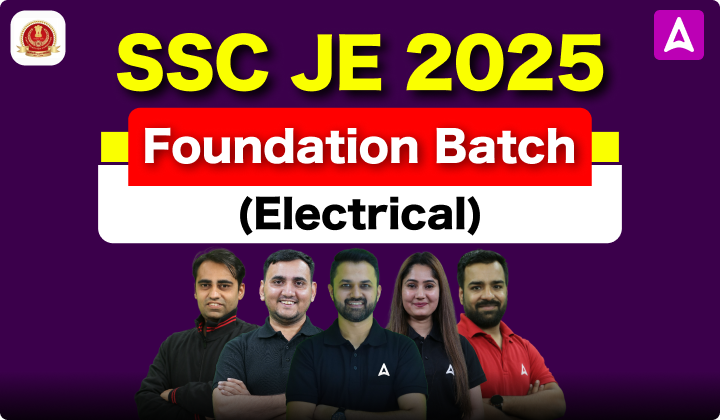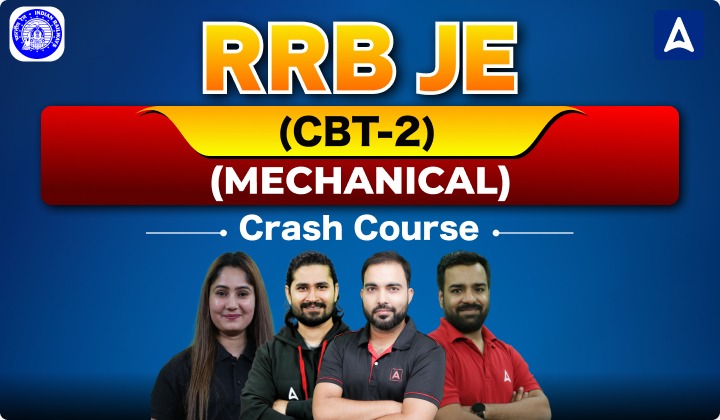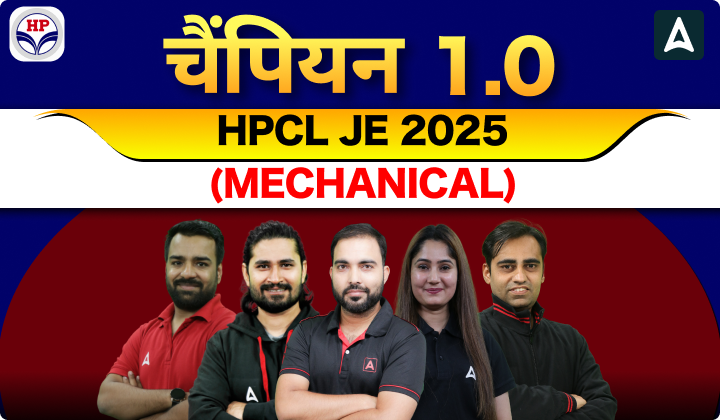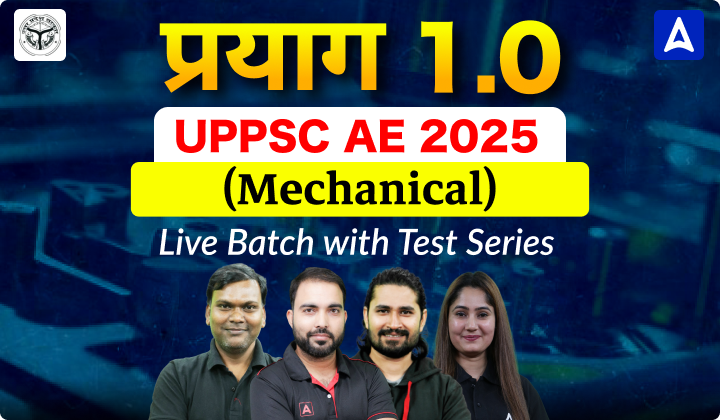Table of Contents
The Railway Recruitment Board (RRB) Junior Engineer (JE) exam is a coveted opportunity for many aspiring engineers across India. However, with aspirations come doubts and apprehensions regarding the difficulty level of the examination. As candidates gear up to face this challenge, the question is large: Is the RRB JE exam tough? Let’s delve into the intricacies of the examination to decipher its true complexity.
Understanding the RRB JE Exam
The RRB JE exam is conducted by the Railway Recruitment Board to recruit Junior Engineers in various departments of Indian Railways. It consists of multiple stages including Computer Based Tests (CBT), Document Verification, and Medical Examination. The CBT is further divided into two stages – Stage 1 (CBT-1) and Stage 2 (CBT-2).
Exam Pattern and Syllabus
The exam comprises multiple-choice questions (MCQs) divided into sections such as General Awareness, General Intelligence and Reasoning, General Science, Mathematics, and Technical Abilities. The syllabus covers a broad spectrum of topics ranging from basic arithmetic to core engineering subjects like Civil Engineering, Mechanical Engineering, Electrical Engineering, and Electronics Engineering.
Difficulty Level Analysis
- Technical Section- Candidates with a strong foundation in their respective engineering disciplines may find the technical section manageable. However, the depth and breadth of technical topics covered can pose challenges for those lacking comprehensive preparation.
- General Awareness and General Intelligence- Keeping abreast of current affairs and practicing reasoning exercises is crucial for performing well in these sections. While the questions may not be inherently difficult, the vastness of the topics necessitates diligent preparation.
- Mathematics and General Science- Proficiency in mathematical concepts and scientific principles is essential. The level of difficulty in these sections may vary, with some questions requiring analytical thinking and problem-solving skills.
Preparation Strategies
- To tackle the RRB JE exam effectively, candidates should adopt a structured study plan that encompasses thorough revision of technical subjects, regular practice of mock tests, and continuous improvement in general awareness and reasoning abilities.
- Practice time-bound solving techniques to optimize efficiency during the examination and avoid getting stuck on challenging questions.
- Focus on building a strong foundation in core engineering concepts to tackle technical questions with confidence.
- Solve previous years’ question papers and undertake mock tests to familiarize yourself with the exam pattern and enhance problem-solving skills.
- Additionally, referring to standard textbooks, previous year question papers, and online resources can aid in comprehensive preparation.
- Keep abreast of current affairs, technological advancements, and changes in the exam pattern to align your preparation accordingly.
The RRB JE exam presents challenges inherent to its diverse syllabus and competitive nature, diligent preparation and a strategic approach can significantly enhance one’s chances of success. Instead of focusing solely on the perceived toughness of the exam, aspiring candidates should channel their efforts toward understanding the syllabus, honing their skills, and mastering the exam pattern. With determination and perseverance, conquering the RRB JE exam is indeed within reach.


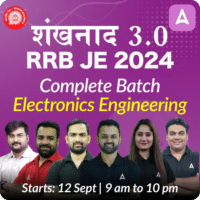

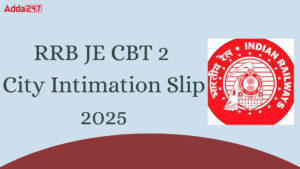 RRB JE CBT 2 City Intimation Slip 2025 O...
RRB JE CBT 2 City Intimation Slip 2025 O...
 AAI ATC Physics Topic Wise Weightage, Im...
AAI ATC Physics Topic Wise Weightage, Im...
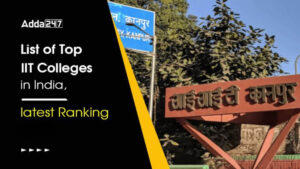 List of Top IIT Colleges in India, Lates...
List of Top IIT Colleges in India, Lates...





